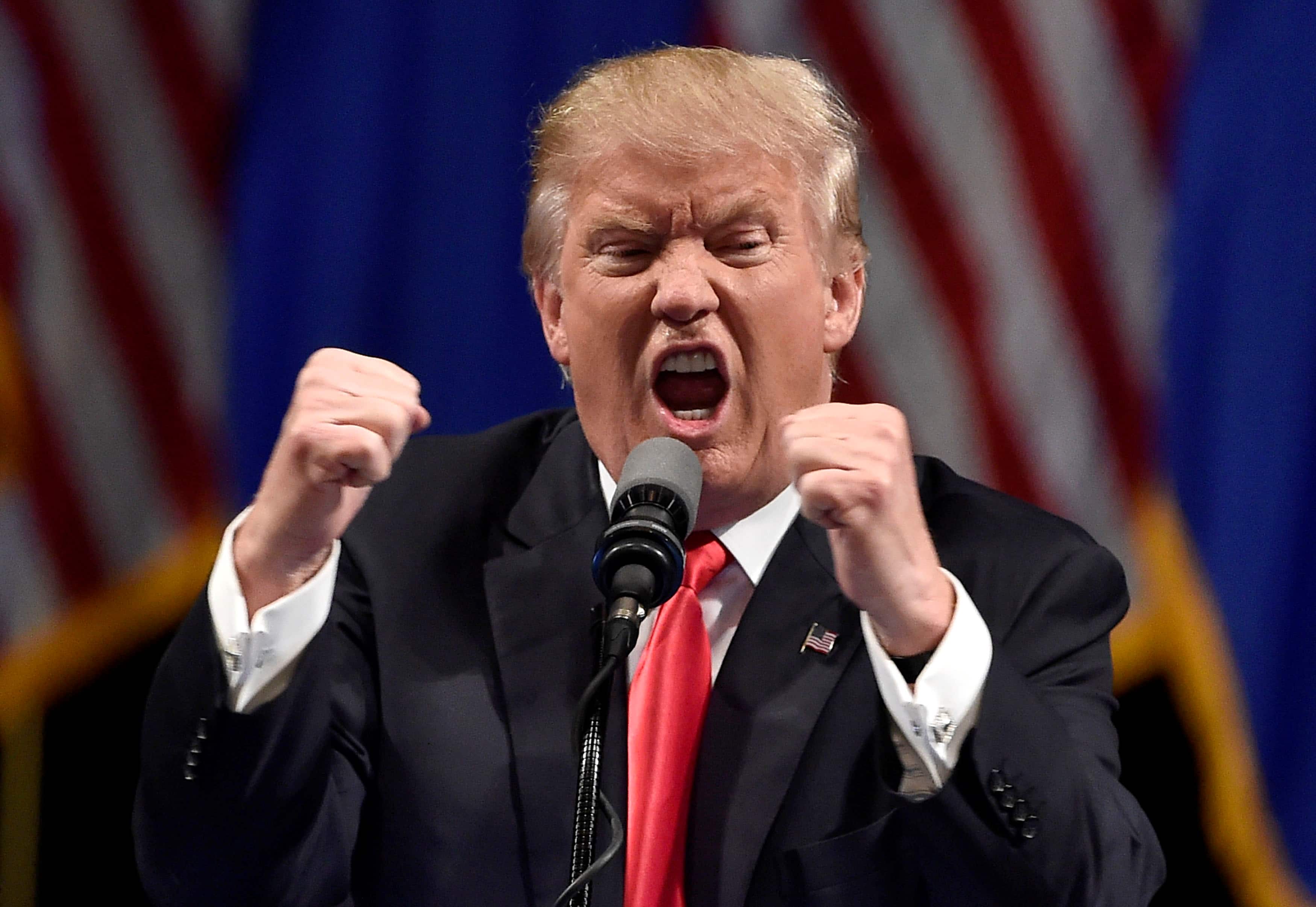This article was written by Vuk Magdelinic, co-founder and CEO of OVERBOND.
2016 was a volatile time for Fintech organizations globally. In Europe, June’s referendum decision in the United Kingdom left many British businesses shocked, losing a key advantage by closing themselves off from the European open-border system.
The pressure and uncertainty of remaining in a now-single market was not lost on fintech firms in the UK, which were left wondering whether staying in London - once labelled the 'Global Fintech City' - was a profitable decision for their businesses.
Five months later, the world has yet again been thrown a curveball. Donald Trump has been elected as the next president of the US, leaving many without any predictions as to what the future holds.
With increased policy uncertainty and the potential for a radical shift in the political landscape, it is interesting to examine how Donald Trump’s unexpected presidency may affect the fintech environment in the United States and abroad.
Cross Border Trade
Trump’s platform placed a heavy emphasis on the renegotiation and abolition of international trade deals like the TPP and NAFTA. With Canada and Mexico being America’s number one and number three trading partners respectively, a strain on these relationships could have a negative effect on economic performance within certain industries in the US.
Should the US choose to create restrictions on how international business is conducted with the nation, eventually it could push globally oriented fintech organisations to cross the border north into Canada, where time zones, language and geographical location remain similar.
Labour
Mr. Trump’s controversial stance on immigration remained a constant theme throughout his presidential run. In an industry where it is quite common to staff businesses with talent from other nations, this could limit the available workforce, and potentially the overall performance of the business. However, for this to prompt fintech migration from the US, talent would have to be depleted from the area in which they operate - a scenario that is very unlikely in a country as technologically developed as the US.
Capital Markets
As Trump’s impending win became more and more apparent on election night, we saw Dow futures plunge 750 points, Nasdaq and S&P Futures hit their 5% crash limit, and the Mexican peso experience its steepest dive in over 20 years.
Trump’s Volatility and rise to power may have caused some short-term swings, but it is unlikely that it will cause a sustained depression. With respect to the stock market, for example, more factors than just the president-elect come into play when discussing performance. Interest rates, employment and innovation all are factors in overall economic adjustment.
A Trump presidency will not affect how startups interact with the US from the business model perspective. However, we are seeing a short term sell off in the capital markets as equities tumble that, on the other hand, creates good opportunity for bond price rally and overall flight to safety (at least due to short term uncertainly while policy decisions and implications crystalize) with more secure fixed income asset class – we have already seen the DAX index rise in the last two days.
Conclusion
In conclusion, will the election of Donald Trump cause a vast migration of fintech institutions abroad? Most likely not.
However, the problem lies in the insecurity of what the future holds. With just days passing after the results, it is too early to conclude what type of president Trump will be, or if any of his 'America First' economic ideologies will even come to fruition.
Regardless of the circumstances, it can be predicted that any migration as a result of the election will be delayed due to hesitation - waiting to see what happens - much like what has been occurring in the UK. American fintech firms in the next four years may face an environment of increased uncertainty.


















